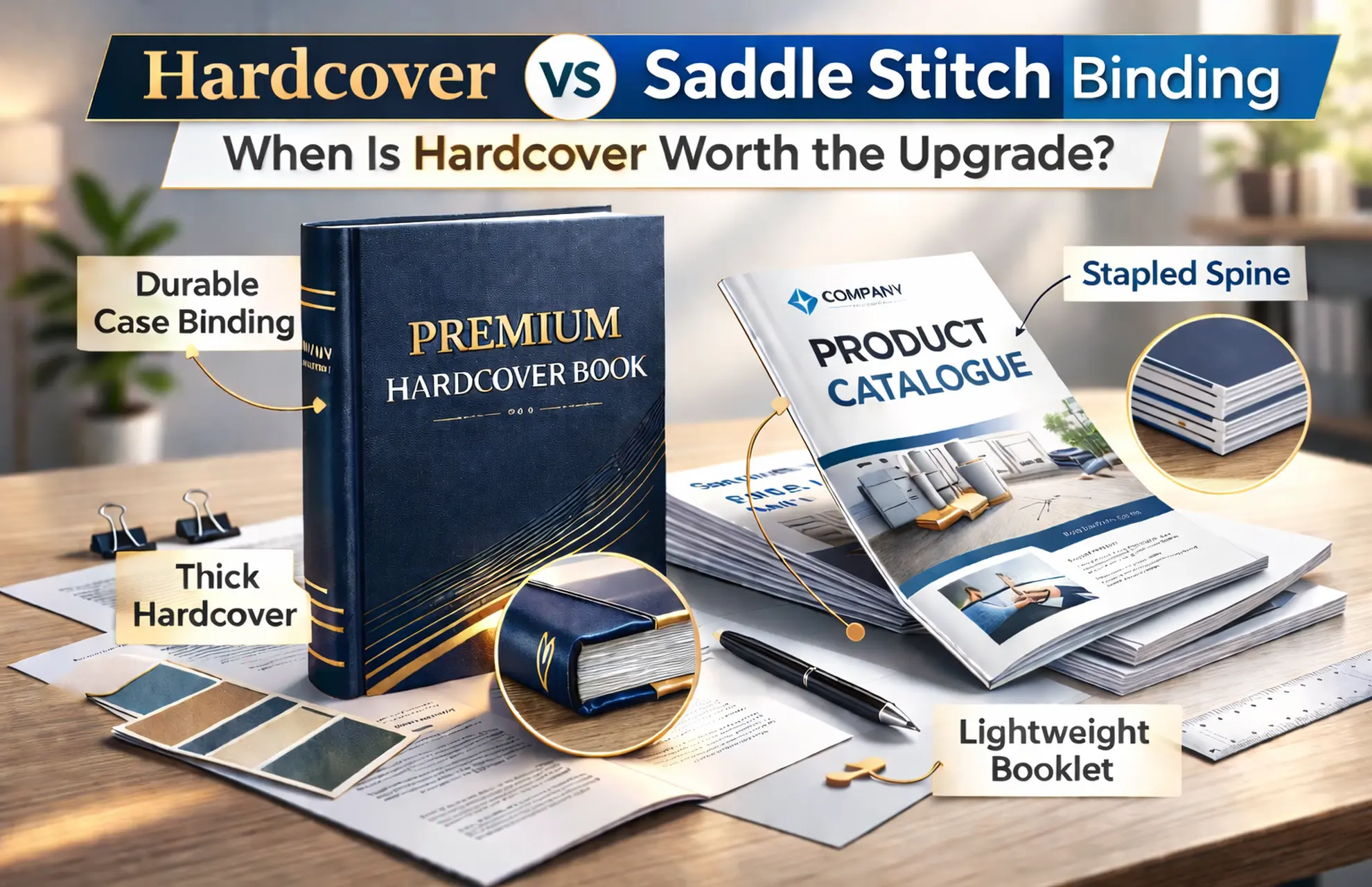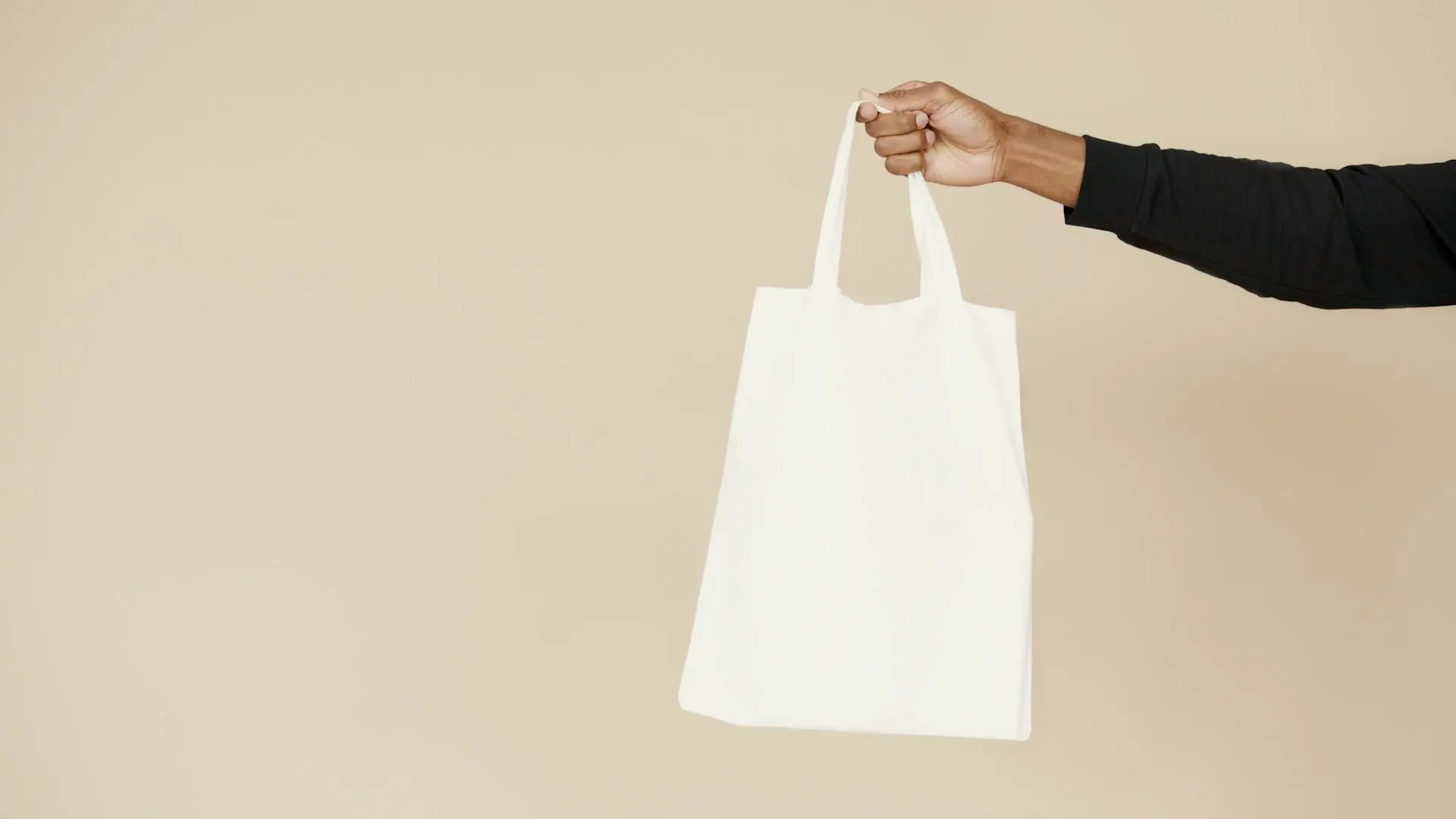Book Printing Guide
Ultimate Guide to Book Printing in Singapore – Valuable Insights for First-Timers (2025)
![]() Gordon Lim | 14 April 2025
Gordon Lim | 14 April 2025

Printing a book for the first time and unsure where to start?
Whether you are an aspiring author, business organisation or tuition agency which requires textbook printing, this hassle-free guide will get you started on learning the essentials in crafting your printed masterpiece.
Table of Contents
- Components of Printing a Book
- Paper Specifications – Sizes and Types
- Book Cover Types
- Book Binding Types
- Professional Cover Designs
Components of Printing a Book
Printing a book goes beyond mere text duplication – it involves a meticulous process that transforms your creative expression into a lasting, physical work.
The aesthetic appeal and durability of a book can be affected by the different book components: paper size and type, book binding types, cover, and professional cover design considerations.
It is crucial to understand the elements involved in printing your book, such that you can ensure your book is sturdy, professional-looking, and suited for its intended purpose.
Paper Specifications – Sizes and Types

Choosing the right paper size is crucial for readability and aesthetics. The most common paper sizes for books in Singapore include:
- A4 (210mm x 297mm) – Suitable for reports, manuals, and larger textbooks
- A5 (148mm x 210mm) – Common for novels, guides, and booklet printing.
- B5 (176mm x 250mm) – Frequently used for magazines and educational books.
Additionally, other elements like weight, texture, and brightness will play an important role in determining the overall appearance and feel of your book.
Book Binding Types
Book Binding is the process of joining pages securely as a finished product.
It is a critical component involved in printing your book, as the book binding type chosen significantly affects both the longevity and overall presentation of your book.

Popular book binding types include:
Perfect Binding
- A sleek, glued spine ideal for softcover books and magazines.
- Commonly used for self-published books and reports.
Saddle Stitch Binding
- Uses staples along the fold, perfect for booklets and brochures.
- Cost-effective and ideal for short publications.
Comb Binding
- Uses a flexible plastic spine with rings that can be opened and closed.
- Ideal for reports, manuals, and workbooks that need to be edited or updated.
Wire-O Binding
- Uses a double-loop metal wire, providing a professional and durable finish.
- Allows books to lay completely flat, making it great for presentations and reference books.
Strip Binding
- Uses a plastic or metal strip to secure pages together.
- Commonly used for legal documents and corporate reports that require a sturdy and secure bind.

A Pictorial Description of the Different Binding Types
Book Cover Types
As the saying goes, “Don’t Judge a Book by its Cover”.
In reality however, the first impression of your book cover can be the deciding factor in whether your book is worth paying attention to – highlighting the importance of book covers have on the book’s visual appeal.

Book Covers You May Consider:
- Matte (Non-reflective, smooth finish that absorbs light)
- Gloss (High shine and vibrant colours)
- Art paper (High-Quality Prints for artistic imagery)
Professional Cover Designs and Layouts
A well-designed cover makes your book appear stunning and professional – leaving a lasting impression on your readers.
These are factors you should consider when engaging in professional cover design services:
- High-Resolution Images – Ensuring clarity and sharpness.
- Typography & Font Choices – Readability is key.
- Colour & Theme Consistency – Aligning with the book’s genre and purpose.

Why Choose Us to Realise Your Book
Your book deserves only the best print quality—from crisp text and vibrant images to durable binding that lasts.
At Print Print, we provide high-quality book printing and binding services, with expert guidance on book binding types, page selection, and hardcover options – ensuring a fast turnaround and a stunning final product.
Final Thoughts
Hopefully by reading this article, you would gain insights to the different elements involved in printing your book, and how the careful selection of each book component type would greatly affect the holistic appearance and feel of your book for its intended purpose.
Have questions? Contact us today, and let’s work together to bring your ideas to life!


